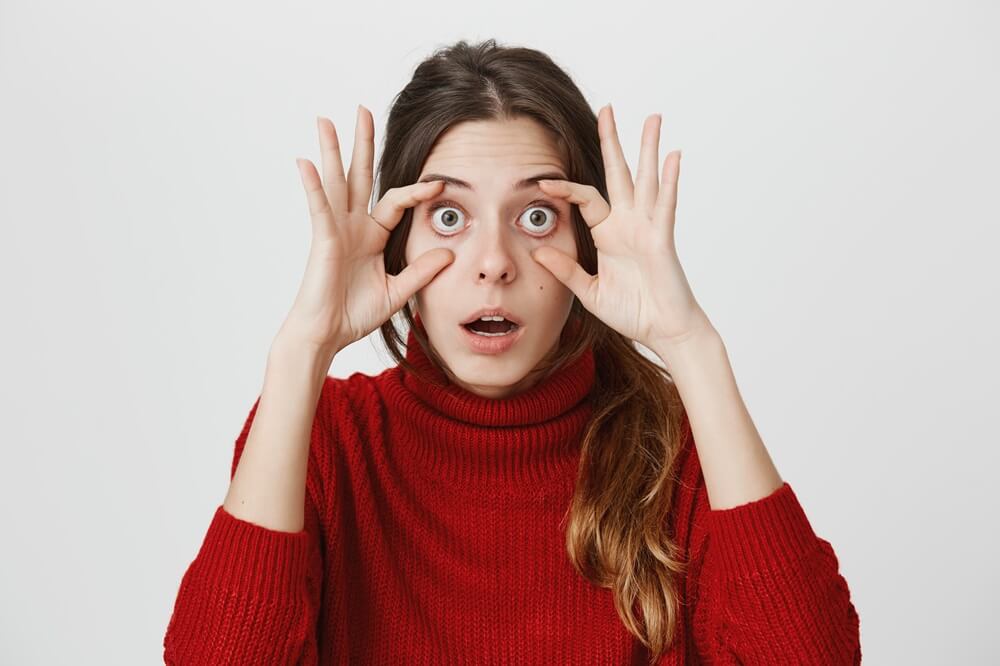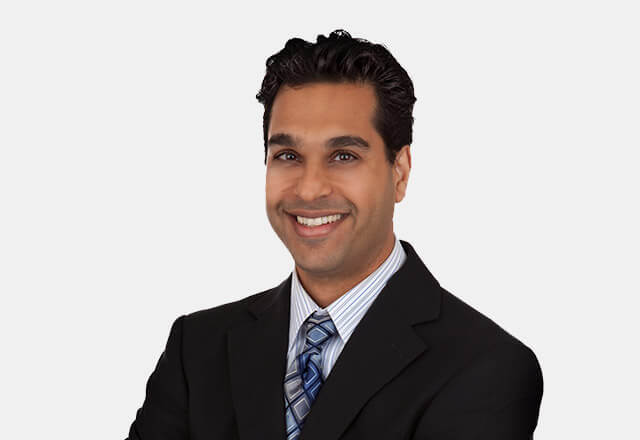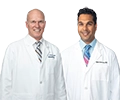
Last Updated on July 1, 2025 by Aaron Barriga
We’ve all heard myths related to eyesight and vision, causing confusion about what’s good for the eyes and what isn’t. But, are any of them actually true?
Here are 12 common misconceptions and the truth behind them:
Myth #1 – Prescription Glasses/Lenses Fix (or Harm) Your Eyesight
Wearing vision aids all the time helps improve eyesight and prevent vision deterioration. However, some believe it makes eyesight worse.
Reality – Glasses or contact lenses only make your vision clearer. Wearing them constantly does not increase or decrease your power, but could help prevent eye strain.
Myth #2 – TV Screens/Computer Monitors Hurt Your Eyes
You will harm your eyesight by sitting too close to the television/staring at the computer all day.
Reality – Electronic screens don’t cause vision loss, but staring at them constantly can increase dryness and strain. Use anti-glare glasses and lubricating eye drops, take frequent breaks, and remember to blink!
Myth #3 – Glaucoma Is a Risk Only for Those with Poor Eyesight
People with 20/20 vision and no symptoms of glaucoma are not at risk of developing the disease.
Reality – Glaucoma symptoms only show up in the moderate or advanced stage of the disease, but early detection and treatment can slow its progression.
Myth #4 – Staring at the Sun Can Strengthen Your Eyes
Looking directly into the sun helps to strengthen your eyes and improve your eyesight.
Reality – No, no, and no! Looking directly at a solar eclipse causes retinal damage, and so does looking at the sun without protective eyewear.
Also Read: 6 Tips To Protect Your Eyes This Summer
Myth #5 – Diabetes Doesn’t Always Increase Eye Health Risk
Diabetics won’t suffer eye damage and vision issues if their blood sugar is under control.
Reality – Other than blood sugar levels, the duration of illness is also a risk factor for diabetic retinopathy. Early detection and treatment can help prevent irreversible blindness.
Also Read:
Myth #6 – Your Vision Is Affected By Reading in Poor Light
Don’t read in dim light. It will harm your eyesight, make you shortsighted, and increase your power.
Reality – You won’t suffer eye damage or become shortsighted, but your eyes may get strained or tired. Point a lamp directly at the page while reading.
Myth #7 – Carrots Are the “Magic” Food for Eye Health
Eating a lot of carrots protects your eyes, prevents the need for glasses, and improves your eyesight.
Reality – It isn’t carrots that protect your eye structure, but Vitamin A. Carrots are rich in this antioxidant, but so are dark green leafy veggies and fresh fruits.
Read More: Carrots Improve Your Eyesight – Myth or Fact
Myth #8 – Eyeballs Are Removed During an Eye Transplant/Surgery
Doctors remove your eyeball during eye surgery, and can transplant the whole organ when it’s damaged.
Reality – Eyeballs are connected to the optic nerve (part of the brain), and can never be removed from their sockets. Only corneas can be transplanted/operated upon.
Myth #9 – Sunglasses and Safety Goggles Aren’t Necessary
Sunglasses are just a way to look “cool”, while safety goggles are only needed for high-risk activities.
Reality – Sunglasses offer glare and UV ray protection. Safety goggles protect your eyes against accidents, injury and blindness (during sports or even at home!).
Myth #10 – Poor Eye Health/Vision Loss is Genetic
You’re safe if your family has no history of glaucoma. If your parents have good eyesight, so will you.
Reality – While some types of glaucoma, cataracts, and other issues are inherited, there’s no guarantee either way. Get regular checkups!
Myth #11 – Eyesight Gets Worse with Increasing Age
You will definitely face issues with retinal damage, vision loss, and eye-related diseases as you get older.
Reality – If you eat a healthy, balanced diet, get regular eye exams, and avoid smoking, drinking, and high sugar intake, your eyes can remain healthy even in old age!
Myth #12 – Eye Exercises Can Prevent/Fix Vision Loss
Doing eye exercises or “eye yoga” on a regular basis will delay, prevent, or correct vision loss.
Reality – Your spectacle number depends on eye tissue health, eyeball shape, and other factors. Eyesight is not significantly affected by eye exercises.
When myths are treated as fact, proper eye care suffers. Don’t wait till you’re 40 (another myth) to get annual eye checks, since early detection is the best treatment! Visit InSight Vision Center and get your eyes checked.

Dr. Azhar I. Salahuddin is an ophthalmologist and is fellowship-trained in cornea, external diseases, and refractive surgery. Dr. Salahuddin has been performing cataract surgery for over 19 years and specializes ocular reconstruction, corneal transplantation surgery as well as vision correction through a variety of intraocular lenses. Dr. Salahuddin is board-certified by the American Board of Ophthalmology and was trained at Boston University.

